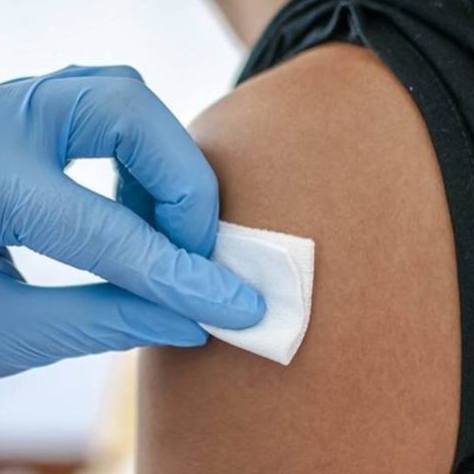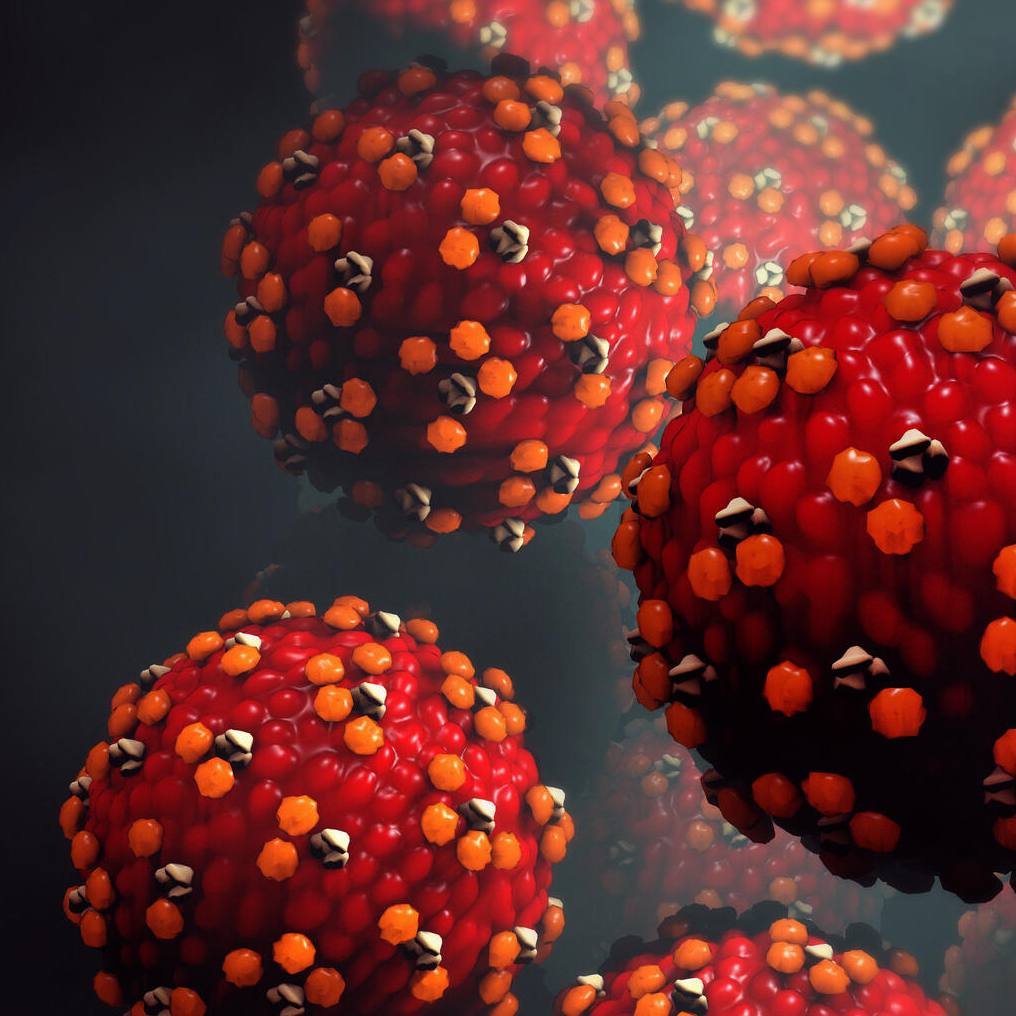
Vaccines remain one of the most effective tools in modern medicine, reducing the spread of infectious diseases and protecting lives across all ages. Dr. Robert Jacobson, medical director for the Primary Care Immunization Program at Mayo Clinic, explains why vaccinations continue to matter for people, families and communities.
"Vaccinations are a foundational component of modern medicine, proven to reduce hospitalizations and prevent serious illness and death from infectious diseases," Dr. Jacobson says. "They are among the most extensively studied and monitored medical interventions, with a strong safety and efficacy profile. Over the past century, vaccines have significantly reduced the burden of disease — protecting people, communities and populations worldwide."
Dr. Jacobson says Mayo Clinic provides guidance based on the best available scientific evidence to support the health of patients and communities.
Watch: Vaccines and viruses, protecting health across generations
Journalists: Broadcast-quality video is available in the downloads at the end of the post. Please courtesy: Mayo Clinic News Network. Name super/CG: Robert Jacobson, M.D./ Primary Care Immunization Program/Mayo Clinic
Built on science and trust
All vaccines approved for use in the U.S. undergo rigorous testing, independent review and ongoing monitoring. Expert groups such as the Advisory Committee on Immunization Practices review the latest data to guide recommendations on which vaccines to use and when.
"Vaccines prevent serious complications, they save lives, and they help protect families and communities," Dr. Jacobson says.
Protecting communities
Vaccines protect the person who receives them and also can help reduce the spread of illness to others. "Getting a vaccine not only protects you, but your loved ones," Dr. Jacobson explains.
For example, the rubella (German measles) vaccine eliminated congenital rubella syndrome in the U.S., which once caused widespread birth defects. Pneumococcal vaccines protect children and, by reducing spread, help prevent pneumonia and other serious infections in older adults.
"Every time a child is vaccinated against influenza, it helps keep them in school and lowers the chance of illness spreading to grandparents or family members with weaker immune systems," he says.
A history of progress
Vaccination is the only medical intervention that has eliminated a disease globally. This occurred with the development of the smallpox vaccine. Other diseases, such as polio, remain close to eradication, but they require continued prevention efforts. "Every vaccine-preventable disease is essentially a plane ride away," Dr. Jacobson says, underscoring the importance of maintaining protection.
For every stage of life
Vaccines are recommended at key ages, starting at birth and continuing through adulthood. Childhood vaccines protect against diseases such as hepatitis B, measles, mumps, rubella, rotavirus and varicella (chickenpox). Adolescents benefit from vaccines against meningococcal disease and human papillomavirus (HPV), which help prevent certain cancers.
Adults also need to stay current. Influenza and COVID-19 vaccines are recommended annually for most, shingles beginning at age 50, and pneumococcal vaccines later in life."Vaccination is one of the safest, most effective ways we have to prevent disease, avoid complications and reduce the spread of infection to others," Dr. Jacobson says
Related Articles







